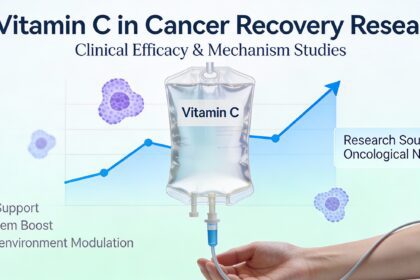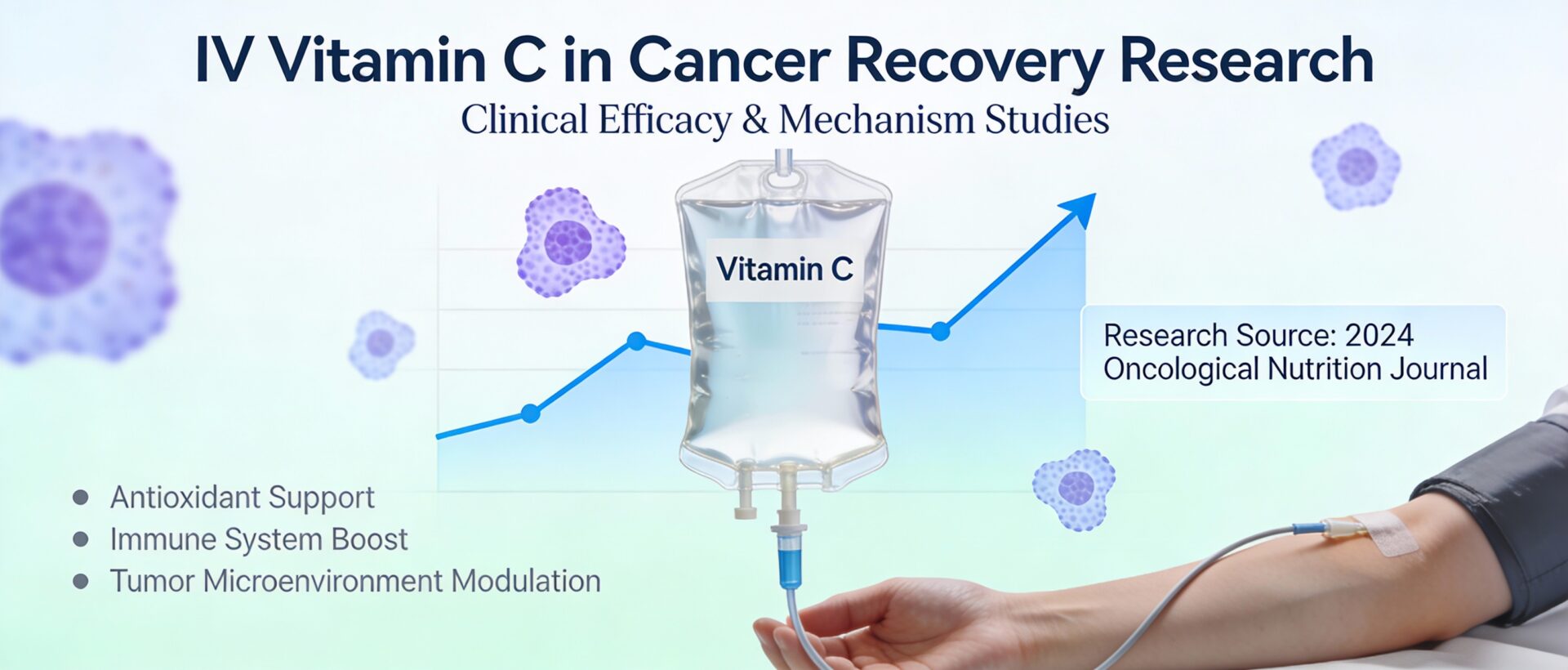Nitric oxide (NO) has led a revolution in physiology and pharmacology research during the last two decades. Nitric oxide is the popular name for AAKG (arginine alpha-ketoglutarate), a compound made from the amino acid L-arginine and alpha-ketoglutarate, a substance formed in the body’s energy-generating process. Nitric oxide is a key signaling molecule in the body. It is produced by the endothelial cells lining the arteries. There, it penetrates the underlying smooth muscles and acts as a potent vasodilator that relaxes the arteries. Because of this, nitric oxide plays a critical role in blood pressure and overall circulation. It also keeps the endothelium in shape by curbing inflammation and oxidative stress. Boosting nitric oxide levels can greatly improve the effectiveness of your workouts. The muscles will receive more oxygen and nutrients when the veins are dilated and circulation is enhanced. If you are the type to put a great amount of effort in the gym, then you might try a Nitric Oxide booster. It has been shown to be one of the factors to help make a speedy recovery. Making sure that plenty of nutrients get to the muscle tissues after a hard workout, the increased blood flow will make a difference.
The discovery of nitric oxide and its biological actions was so astounding that the 1998 Nobel Prize was awarded to the three pharmacologists who identified and furthered our understanding of this dynamic molecule. 1998 Nobel Prize Winners: Medicine: Robert F. Furchgott, Louis J. Ignarro, and Ferid Murad (all U.S.) received the award for discovering that nitric oxide acts as a signaling agent in the cardiovascular system. Their findings are similar to the function of the popular anti-impotence drug Viagra. It also has implications for the treatment of heart disease, shock, and other cardiovascular medical conditions.
The most common way to increase nitric oxide is through exercise. When running or lifting weights, muscles need more oxygen supplied by the blood. As the heart pumps with more pressure supplying the muscles with blood, the lining of the arteries release nitric oxide, relaxing and widening the vessel wall, allowing for more blood to pass. As we age, our blood vessels and nitric oxide system become less efficient due to free radical damage, inactivity, and poor diet, causing veins and arteries to deteriorate. Athletes and youth have more functional nitric oxide systems, reflecting their energy and resilience. However, another way to increase nitric oxide is through diet, most notably by consuming the amino acids L-arginine and L-citrulline. Nitric Oxide benefits are consistently supported by the research. Although you can get nitric oxide supplements, it is also wise to incorporate foods into your regular diet that are high in nitrates. This will help promote continuous nitric oxide production in the body.
Adam Moussa, a researcher, decided to give his human subjects some vitamin C (2 grams), along with 4 garlic tablets (6 mg of allicin and 13.2 mg of alliin) for 10 days to see if it had any impact on blood pressure and/or nitric oxide level…The results were quite impressive:
a) The endothelial nitric oxide output increased by a staggering 200%.
b) On average the systolic blood pressure dropped from 142 mm to 115 mm, which is more than can be achieved with most medication.
c) Diastolic Blood pressure decreased from 92 mm to 77 mm on average.
Those who are looking to burn body fat may want to think carefully about the benefits of nitric oxide. One study conducted by the American Journal of Endocrinology and Metabolism looked at the impact of the NO precursor L-arginine on glucose metabolism during exercise. The study demonstrated that athletes took up glucose faster into muscle cells as exercise persisted. In addition, the supplement also supported the increase of non-esterified fatty acid concentration as well as glycerol in the body, potentially pointing to the burning of fat as fuel.
Without sufficient nitric oxide, we can feel fatigued and worn down. It has the ability to expand blood vessels for better blood flow, allowing more oxygen to the brain, heart, and other important organs. You can choose the supplement route, or you can boost nitric oxide production in the body naturally through diet. Or, you may want to cover all the bases and do both!
Foods that also boost Nitric Oxide included:
Dark Cocoa
Watermelon
Pomegranate
Cranberries
Beets
Spinach
Walnuts
























